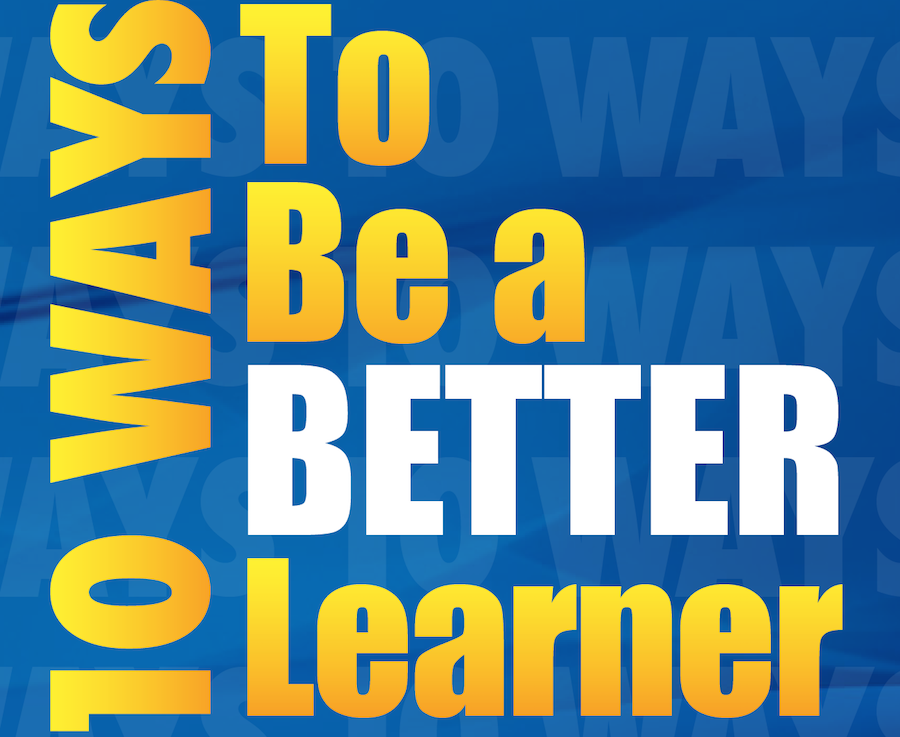I think most readers here will agree that learning is a lifelong, continuous process – not an event confined to a particular place or time. Even so, we can all point to experiences or periods in our life that were particularly transformational, that elevated our knowledge and understanding to a level we had not previously imagined.
For me, one of those experiences was time I spent traveling across Africa in my early twenties and volunteering for Habitat for Humanity projects along the way. I can’t pretend I had any impact on Africa in my travels, but the continent and my experiences there certainly had a tremendous impact upon me. So, when I heard about The Blue Sweater, a memoir in which Acumen Fund founder Jacqueline Novgratz writes extensively about her early experiences in Africa, I was eager to read it – partly to learn Novogratz’s story and partly, I’ll admit, as a remembrance of things past.
In remembering her own past, Novogratz is clear that being open to learning has been fundamental to her success. Indeed, the book begins with a reflection on that most useful of learning tools: failure:
They say a journey of a thousand miles begins with a single step. I took mine and fell flat on my face. As a young woman, I dreamed of changing the world. In my twenties, I went to Africa to try and save the continent, only to learn that Africans neither wanted nor needed saving.
What Novogratz learns from that point forward challenges her idealism, but ultimately – miles down the road – strengthens it greatly and leads her to the philosophy that underlies the work of the Acumen Fund, a nonprofit venture fund that makes “careful investments in entrepreneurs who are willing to take on some of the world’s toughest challenges.”
Adventures Along the Learning Curve
One of the things I like best about this book is that variations on the verb “to learn” appear frequently throughout it. Novogratz points out her own mistakes as well as those of others, but always in the spirit of the lessons that can be learned and shared from them. In an early section of the book titled “Context Matters” (inspiration for an earlier post here on context and learning), Novogratz tells the story of a UNICEF “social mobilization” effort:
UNICEF hired an expensive Italian designer to create a poster campaign aimed at convincing women to vaccinate their children. The posters were gorgeous photographs women and children with simple messages written in Kinyarwanda about the importance of vaccinating every child. They were perfect, except for the fact that the extremely low female literacy rate in Rwanda made it likely that words written even in Kinyarwanda would have little impact. [Blue Sweater, 45]
Novogratz goes on to say how this experience helped her “think differently” and to “move away from our own view of how things should be done and observe how people live and communicate with each other.”
Later in the book, Novogratz writes about the Acumen Fund’s efforts to bring bed nets to Africa – a simple solution to one of the continents biggest health issues, malaria. Acumen has been involved in very successful efforts to distribute free nets as well as to develop a market for selling nets at low cost, but Novogratz suggests that pursuing multiple approaches to a problem often proves unnecessarily difficult – and not simply because public health is a complex issue:
What also makes the process of growing solutions to poverty complex is the noise we hear in the media and among thought leaders who believe their way is the only way. They suffer from a paucity of listening skills – just at the time when listening has never been more important.
So often we ask ourselves the wrong question. When it comes to a disease like malaria, the question should not be whether bed nets are sold or given away free. The question instead is, What does it take to eradicate malaria? Without a reliable source of bed nets, people may find themselves abruptly cut off from a supply when they most need it. It’s not “either-or,” but rather “both-and.”
Whether or not you are an advocate of social entrepreneurship (I most definitely am), Novogratz does an excellent job in this book of illustrating the complexities of tackling tough social issues and clearly articulating the role that an entrepreneurial approach can play. The Blue Sweater is a great learning journey, for both writer and reader. I highly recommend it.
Jeff Cobb
P.S. – If you are interested in social change and learning, you might also be interested in:
- Bornstein, Kawasaki, Changing the World
- Disruptive Learning: No Excuses
- 26 Learning Games to Change the World



